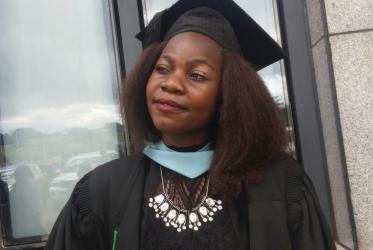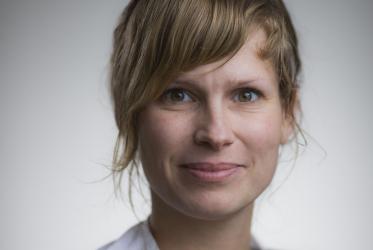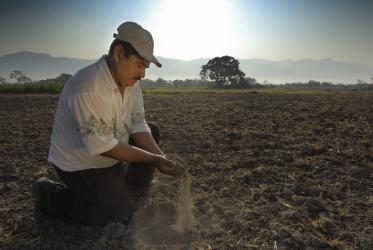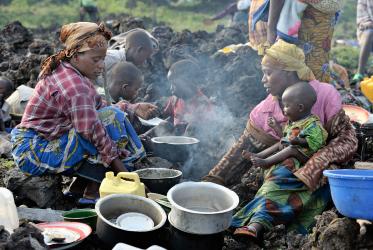Displaying 41 - 60 of 75
Re-engineering life forms: Church forum raises concerns
09 November 2017
Responsible agriculture investments theme of WCC session
16 October 2017
WCC offers food for thought as “Food Week” approaches
03 October 2016
WCC conference explores ecological injustice in Uganda
21 April 2016
Tveit on the “Ten Commandments” of food
26 January 2016
COP21: how climate change affects access to our daily bread
09 December 2015
Patent agreement welcomed as step to improve HIV treatment
30 November 2015












